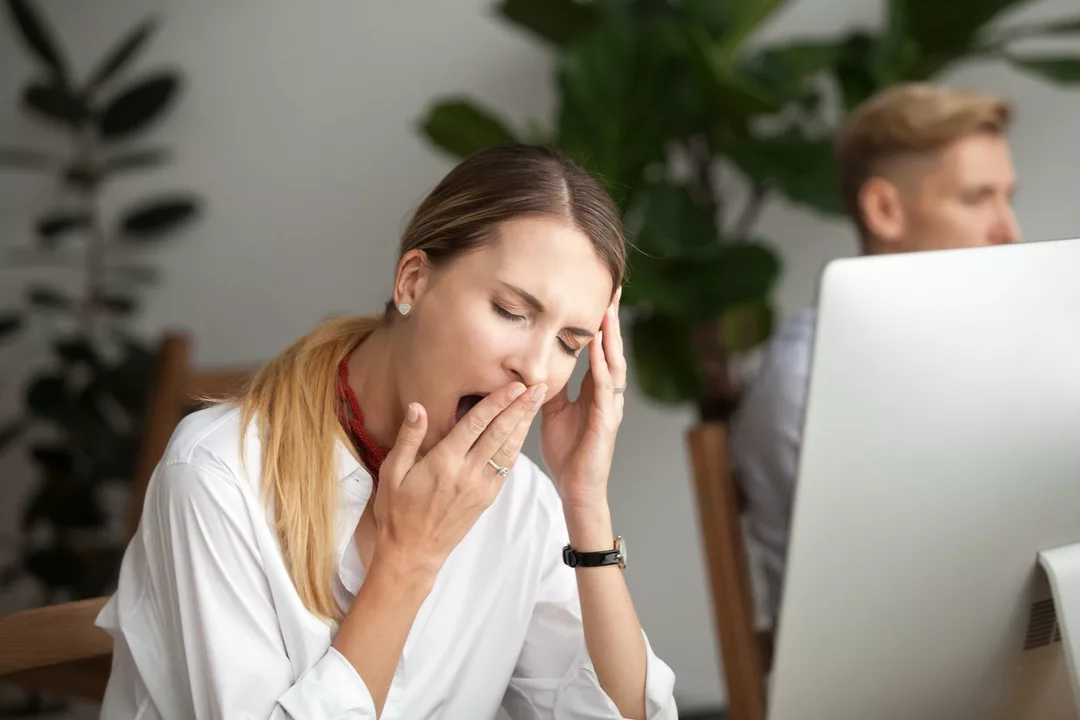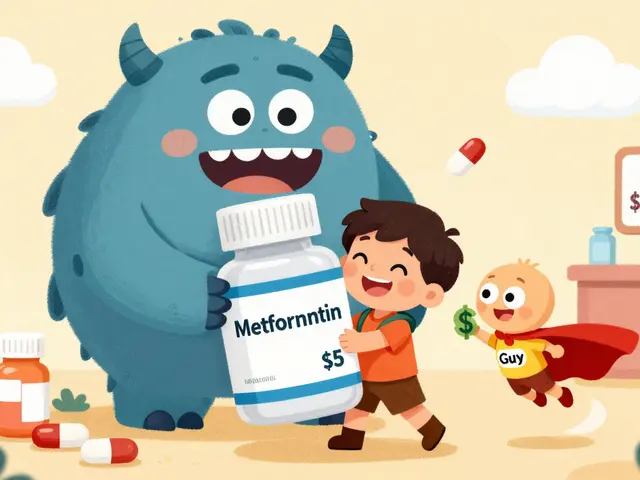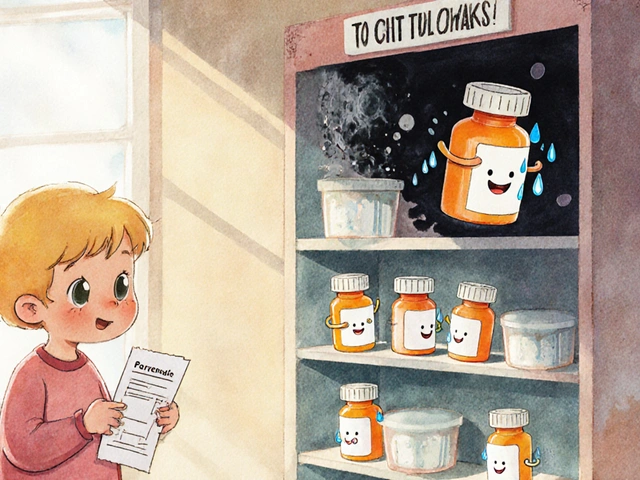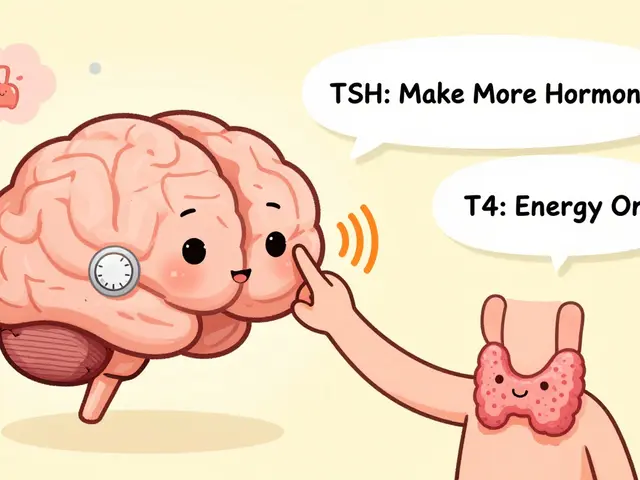Managing tiredness: simple steps to boost your energy
Feeling tired all the time? You don’t need a miracle — you need a few clear fixes you can actually use. Below are straightforward, science-backed habits and quick tricks that help most people feel more awake and focused without complicated routines or pills.
Quick fixes that help right away
When fatigue hits now, try these easy moves:
- Get sunlight — 10–20 minutes of morning light wakes up your brain and resets your sleep clock.
- Move for five minutes — a brisk walk, jumping jacks, or stretching raises blood flow and alertness fast.
- Drink water — mild dehydration causes tiredness. One glass can make a noticeable difference.
- Power nap — 10–20 minutes boosts focus without grogginess. Avoid naps longer than 30 minutes late in the day.
- Caffeine timing — a morning coffee helps, but skip caffeine after mid-afternoon to protect nighttime sleep.
Fix the root: habits and health checks
If you want lasting change, build a simple routine and check common medical causes.
Sleep hygiene — go to bed and wake up at the same time, make your bedroom dark and cool, and turn off screens 30–60 minutes before sleep. Small consistency beats weekend catch-up sleep.
Food and timing — start the day with protein and include small balanced meals. Heavy carb meals can make you crash. Keep snacks handy to avoid low-blood-sugar slumps.
Daily movement — aim for 20–30 minutes of moderate activity most days. Exercise improves energy long-term, even if it’s a short walk after lunch.
Watch medications and alcohol — some antihistamines, tranquilizers, and heart drugs cause fatigue. Alcohol before bed reduces sleep quality. Talk with your clinician if you suspect a medication effect.
Rule out medical issues — persistent tiredness can come from iron-deficiency anemia, low thyroid (hypothyroidism), sleep apnea, depression, or low vitamin B12. Ask your doctor for a simple blood test or a sleep study if needed.
Supplements — don’t start iron or B12 unless tests show a deficiency. Over-the-counter energy boosters often don’t help and can cause side effects.
If tiredness lasts more than a few weeks, or it prevents normal life, see a doctor. A few lab tests and a quick review of your medicines often find the cause. Small, consistent changes in sleep, movement, and meals usually give the biggest payoff.
Try two changes for two weeks — like morning sun and a 20-minute walk — and notice how you feel. Managing tiredness is about habits, not hacks. Stick with simple steps and get help when you need it.




